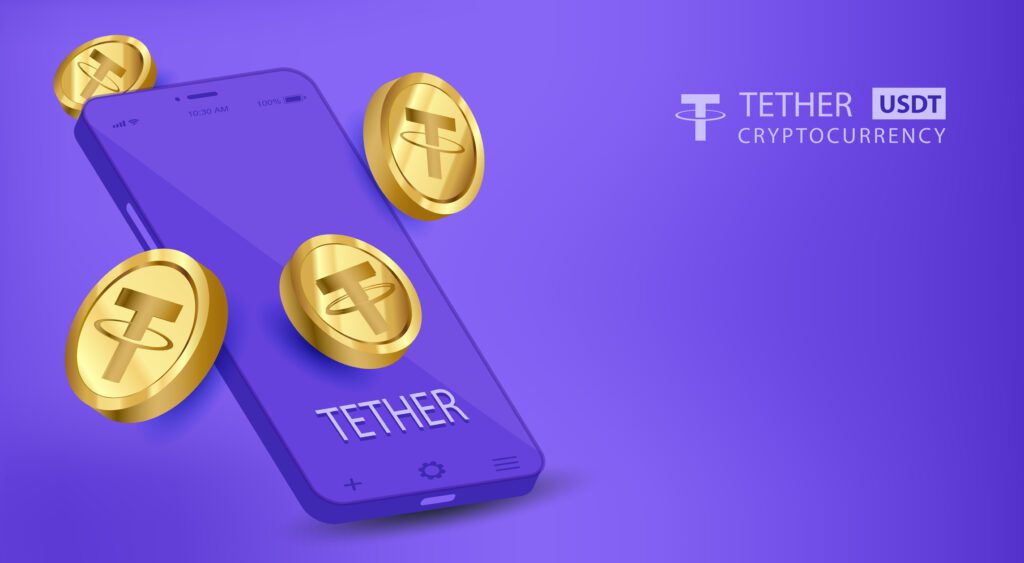In a recent turn of events, Tether CEO Paolo Ardoino has issued a sharp response to Ripple CEO Brad Garlinghouse’s allegations regarding USDT and regulatory concerns.
In a post on social media platform X, Ardoino indirectly addressed Garlinghouse’s earlier statement expressing apprehension that increased regulatory scrutiny on Tether could disrupt the broader cryptocurrency market. While Ardoino refrained from mentioning Ripple or Garlinghouse by name, his comments were widely interpreted as a direct response to Ripple’s CEO.
An uniformed CEO, leading a company being investigated by the SEC, launching a competitive stablecoin (cui prodest), is being reported spreading fear about USDt.
Let me give you an update on Tether USDt ecosystem safety.
USDt is the most used stablecoin in the world, with…
— Paolo Ardoino 🍐 (@paoloardoino) May 13, 2024
Ardoino’s rebuttal described the allegations as stemming from a “uniformed CEO,” alluding to Garlinghouse, and highlighted the irony of a company facing its own regulatory issues, such as an investigation by the U.S. Securities and Exchange Commission (SEC), launching a competitive stablecoin. Ripple’s plans to introduce its USD-backed stablecoin in June have added another layer of complexity to the situation.
Ripple’s Silence
Despite attempts by media outlets to seek clarification on the matter, Ripple remained tight-lipped, declining to respond to inquiries from Cryptonews by the time of publication.
Scrutiny Mounts Over Tether Amidst Transparency and Sanctions Concerns
Amidst growing concerns surrounding Tether’s transparency and its potential involvement in illicit financial activities, the stablecoin issuer faces heightened scrutiny from both regulators and industry players alike.
Brad Garlinghouse’s remarks come amidst mounting concerns over Tether’s operations. Reports from TRM Labs suggest that Tether has been exploited by terrorist organizations and countries facing economic sanctions, including Russia, to circumvent restrictions imposed by the United States.

Regulatory Concerns
Regulators have expressed concerns regarding the issuance of stablecoins like Tether from offshore jurisdictions. These concerns stem from fears of potential ties to illicit financial activities, prompting calls for greater transparency and regulatory oversight in the stablecoin sector.
Stablecoins, which are digital assets pegged to fiat currencies like the US dollar, have gained popularity for facilitating transactions within the cryptocurrency ecosystem. However, their growing prominence has attracted regulatory scrutiny over issuer transparency and compliance with regulatory standards.
Also Read: Ripple CEO Predicts Crypto Market Doubling to $5 Trillion by End of 2024
Tether CEO Highlights Anti-Illicit Activity Efforts and Regulatory Compliance
In Tether’s defence, Ardoino emphasized the widespread adoption and utility of USDT globally, particularly in emerging markets and developing nations. He highlighted USDT’s track record of maintaining price stability, substantial liquidity reserves, and adherence to regulatory requirements over time.
Ardoino pointed to Tether’s proactive measures to combat illicit activities, citing the company’s cooperation with law enforcement agencies worldwide and its strict adherence to regulatory guidelines. Specifically, he underscored Tether’s compliance with the Office of Foreign Assets Control’s (OFAC) Specially Designated Nationals (SDN) lists.
He further noted that Tether has successfully blocked over $1.3 billion in potentially illicit funds since its inception, with the majority linked to scams, hacks, and money laundering activities. Additionally, a smaller sum of approximately $1.6 million was flagged for possible ties to terrorist financing.
Conclusion: Addressing Past Criticisms and Moving Forward
Tether has faced criticism in the past for its lack of transparency regarding the assets backing USDT. However, the company has taken steps to address these concerns in recent years, including the publication of quarterly audits conducted by independent third parties.
This shift in transparency practices followed an incident in October 2021 when the Commodity Futures Trading Commission (CFTC) fined Tether $41 million for misleading customers about its reserves. The CFTC’s investigation revealed that Tether had sufficient fiat currency reserves to fully back USDT for less than a third of the time between 2016 and 2019.
As the cryptocurrency industry continues to evolve, Tether’s commitment to transparency and regulatory compliance will be crucial in shaping its future trajectory amidst growing regulatory scrutiny and market volatility.













Discussion about this post